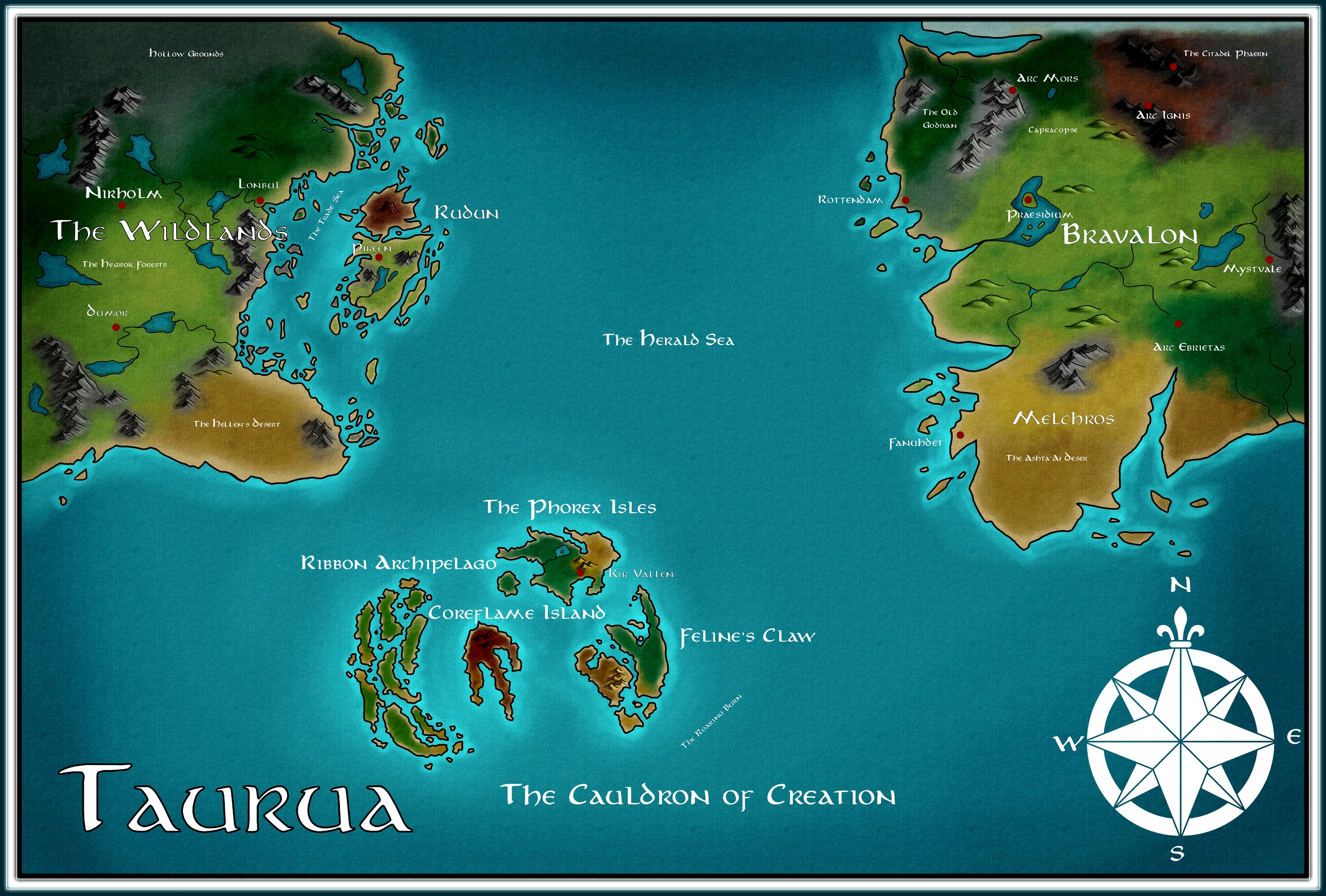Morainess' Cultivators
Through Bloodshed
Through War
Through Death
Life
The central dogma of the followers of Morainess. Do not waste that which could be useful, do not burn and not use the ashes of the departed to grant life anew. Do not wage war without holding deep in your heart the intent of regrowth and renewal after the bloodletting is done. Cultivate after you have destroyed, or you will find yourself to be surrounded by naught but corpses of your foes, without anyone there to praise the deeds you have done.Structure
Followers of Morainess are people who know hardship and survival. Often those living in the punishing heat of the desert and those who live in poverty find the wisdom deep in Morainess' words. Living usually in solitude, or in tribalistic environments (not to count the kingdom of Melchor), Morainess' followers have often spread their influence in multiple small parishes. As some communities welcome these parishes with open arms, it is not unheard of for a small farming village to have a "Cultivator" often mixed with the profession of a Tanner due to the stench, who is willing to offer Morainess' wisdom to all who seek it.
High-Priests
Morainess' high-priests all dwell in crimson realm of Melchor and in the large deserts of Ashta'Ai. Studying lessons given by Morainess', her High-Priests usually aim to shape entire landscapes and test new methods of growth in the harsh, red desert. Working side-by-side with the Founding Church as Morainess never endorsed rebellion, nor claimed godhood in her life, the two religions have found room to coexist in the same realm. Each performing their own duties and at times, aiding one another.Priests
A much more common title, found in most parishes to Morainess' all over Taurua. Those devoted to her often resemble farmers and cultivators of land, with their hands soiled by the dirt and backs aching with years of work. Priests of Morainess' often find themselves acting as a storehouse of information regarding different sicknesses and cultivation methods. An outsider might easily make the assumption of these Priests being pacficistic farmers, but one should not forget the dogma of Morainess as most of her devout are just as prepared to reap any who threaten their communities as they are willing to use the corpses of their enemies as seedbeds for their flora.Wisemen/-women
In smaller farming communities with the lack of a true parish of those learned in the ways of Morainess there are men and women who have mostly gained their knowledge through decades of labor. When these men or women claim their faith to Morainess they are known as Wisemen and are often sought council in all manner of dealings. From pests devouring crops to the cooking of a cows eyeballs, these Wisemen and women usually have most experience to teach others in the ways of survival.Culture
Morainess' Cultivators are often seen by the more well-being world as barbaric and shamanistic tribe-dwellers. Spreading tanned hides, corpses and spilling blood over desert sands in vain hopes to see something grow out of them. This is unfortunatedly why many of them are associated with Tanners and why those traditionally following Morainess' teachings are thought as filthy and unhygienic.
However, in a world not plentiful in fruit and vegetables these "filthy" and "unhygienic" men and women often are the key to the survival of their people. Morainess' Cultivators understand the basic means of life and the cruel cycle of life and death far enough to respect a good death by allowing it to grant more life. Having to preferred means of burial, those following Morainess usually determine what their farmlands need most: ash to bring fertility to the soil, corpses to act as fertilisers or blood to feed the land. Barbaric as these methods may be by those living in lands of plenty, these methods have staved off famine in critical times of wasteland communities.
However, in a world not plentiful in fruit and vegetables these "filthy" and "unhygienic" men and women often are the key to the survival of their people. Morainess' Cultivators understand the basic means of life and the cruel cycle of life and death far enough to respect a good death by allowing it to grant more life. Having to preferred means of burial, those following Morainess usually determine what their farmlands need most: ash to bring fertility to the soil, corpses to act as fertilisers or blood to feed the land. Barbaric as these methods may be by those living in lands of plenty, these methods have staved off famine in critical times of wasteland communities.
Public Agenda
Plantation
One of the most questionable acts performed by the Cultivators is their decree to cultivate the Ashta'Ai Desert. Agreed upon by the kingdom of Melchor, once every month over the course of a five-year period, criminals of most horrific acts and dealings are to be buried in the sands of Ashta'Ai up to their necks. There, they are left under the heat of the sun with a single bone sword. A single criminal is allowed freedom again if they manage to dig themselves out of the red sand and to return to Fanuhdet with a blood-covered bone blade. A mark that they have slain another prisoner with the blade. This is a decree of the High-Priests and as this method does not directly insult any doctrines of Pillar, it is reinforced heavily in Fanuhdet.Purpose of this method is to grow a new land out of the desolate expanses of Ashta'Ai. To cultivate a single spot for long enough for life to grow out of it and therefore each time the prisoners are buried in the same plot of land. Many have questioned this form of punishment, but with crime being plentiful in Melchor, this decree has been allowed to exist for a time. Many important eyes have turned their attention to the desert sands, in wishes of the decree being a success and Ashta'Ai being renewed by life.









Comments